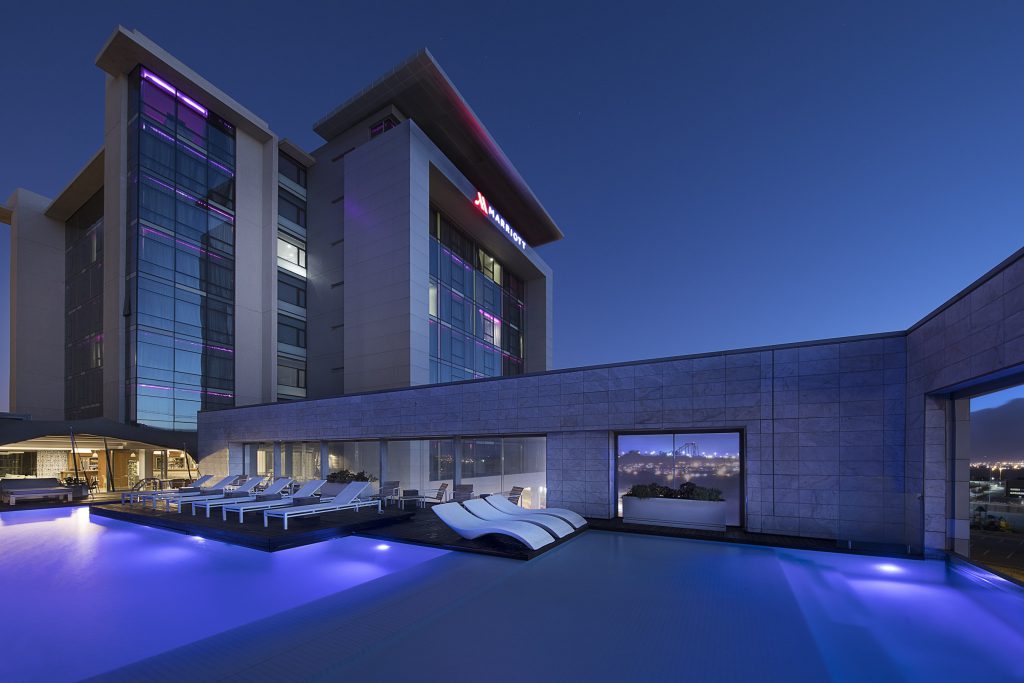Loyalty & Rewards
Taking A Break Is Big Business
In the hospitality industry, reward programmes are imperative for thanking loyal guests, while also providing an incentive for them to book their next trip.
“Guests are the most important stakeholders in the hotel industry and their loyalty is imperative,” says William McIntyre, regional director of Southern Africa at the Radisson Hotel Group. “With the constant opening of new hotels, it is important for hotels to set themselves apart.”
But how? Critical mass appears to be – well – critical. The larger a hotel consortium’s footprint, the more freedom members have to trot the globe while reaping rewards. Radisson Rewards apply at 1 100 hotels worldwide.
Neal Jones, chief sales and marketing officer at Marriott International for the Middle East and Africa, concurs: “Loyalty is the lynchpin of our success and key to our strategy.”
In August, Marriott, which owns Starwood Hotels and the Ritz-Carlton, integrated its loyalty programmes across several brands to offer 110 million signed-up members benefits at 6 500 hotels in 127 countries. In South Africa, its properties include The Westin, Sheraton Hotels and Resorts, Protea Hotels by Marriott and more recently, Autograph Collection Hotels.
“We are introducing one set of unified benefits across Marriott Rewards, the Ritz-Carlton Rewards and the Starwood Preferred Guest system, so members will be able to earn points and elite status faster,” says Jones. Today, one in two guests at the consortium’s hotels have loyalty membership.
Widening the client base
Hotel companies use loyalty programmes to retain and widen their guest client base. Moreover, hospitality executives point out that loyalty programmes are no longer just about earning and burning points. Guests crave a deeper level of engagement, an ongoing conversation before, during and after their stay. Experts agree that efficient loyalty programmes are simple and appealing to digital consumers, especially via smart-phone apps.
“The biggest reason for loyalty programmes not to work is when it takes too long to earn rewards or when it is too complicated to redeem points,” says Jones. “If you’re there for the deals, you’re going to want to hear about those special offers early and often, and in very clear ways.”
Executive vice-president for Preferred Hotels & Resorts in South Asia, Middle East, Africa and Australasia Saurabh Rai reiterates that communication is crucial. Members of the group’s “I Prefer” programme are notified about rewards and special offers via email, text messages and social media channels. These special offers range from “surprise and delight” concepts during hotel stays to invitations to exclusive events.
“Last year, the programme was enhanced with a new mobile app to provide a more convenient way for travellers to manage their membership and subsequent hotel stays, giving them more incentive to engage with the programme and to book directly,” says Rai. “We also use social media to reward new and existing customers through consumer contests. We host seasonal competitions on our brand pages and followers can enter to win ‘I Prefer’ points.”
Rai adds that data collected with permission is helpful: it is used to craft targeted campaigns that appeal to guests’ specific travel interests and preferences.
Were these the days of Hotel California, guests would check in and never leave, expecting golden goblets and an eternity of points for their loyalty. Or at least a daily text message and a free desert excursion on Day 100, perhaps.






 Sign-up and receive the Business Media MAGS newsletter OR SA Mining newsletter straight to your inbox.
Sign-up and receive the Business Media MAGS newsletter OR SA Mining newsletter straight to your inbox.